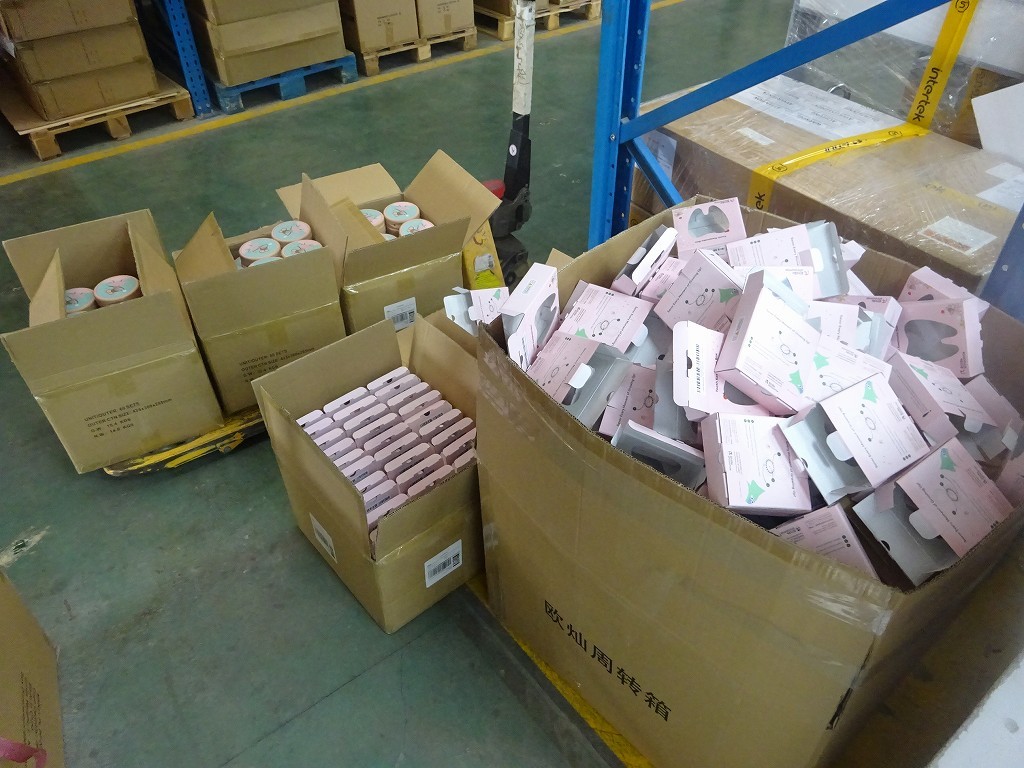The pre-shipment inspection (PSI) of bags is a crucial step in ensuring that the products meet the specified quality standards before they are shipped to retailers or consumers. This process includes a comprehensive evaluation of the bag’s materials to verify their quality, durability, and compliance with relevant standards. This article outlines the systematic approach taken during the pre-shipment inspection process to inspect and verify the materials used in bags.
Understanding the Significance of Pre-Shipment Inspection
Pre-shipment inspections are vital for manufacturers and suppliers to ensure that the final product aligns with the buyer’s requirements and industry quality standards. It acts as a final checkpoint to catch any defects and prevent substandard products from reaching the market. For bags, this means ensuring that every component, from the fabric to the hardware, is of the highest quality.
Step 1: Reviewing Material Specifications
The first step in the inspection process involves reviewing the material specifications provided by the client or outlined in the product design documents. This includes details about the type of materials (e.g., leather, nylon, canvas), weight, color, texture, and any specific standards the materials must meet (e.g., waterproofing, fire resistance).
Step 2: Physical and Visual Inspection
Inspectors conduct a thorough physical and visual examination of the materials used in the bags. This includes checking the fabric’s texture and weight, examining the quality of the stitching, and ensuring that zippers, buckles, and other hardware are securely attached and function correctly. Inspectors also look for any signs of defects, such as tears, discoloration, or inconsistencies in the material.
Step 3: Testing Material Properties
To verify the material’s properties, specific tests may be conducted. These can include tensile strength tests to evaluate the fabric’s durability, colorfastness tests to ensure the material does not fade, and water resistance tests for bags marketed as waterproof. These tests help confirm that the materials used will meet the performance expectations of the end-users.
Step 4: Compliance with Standards
Inspectors check that the materials comply with international and local standards regarding safety, environmental impact, and consumer protection. This may involve verifying certifications like REACH for chemicals used in the manufacturing process or the Global Recycled Standard for products claiming to use recycled materials.
Step 5: Supplier Documentation Review
Reviewing the supplier’s documentation is crucial to verify that the materials supplied match those specified for production. This includes checking purchase orders, material certification documents, and test reports. This step ensures transparency and traceability of materials used in the manufacturing process.
Step 6: Sample Comparison
Inspectors may compare a sample of the final product against a master sample or the detailed specifications to ensure consistency in material quality and construction. This comparison helps to identify any discrepancies or deviations from the agreed-upon standards.
Conclusion
The pre-shipment inspection process for bags is comprehensive and multi-faceted, focusing on verifying the quality and compliance of materials used. By following a structured approach that includes reviewing specifications, conducting thorough inspections and tests, and ensuring compliance with relevant standards, manufacturers and suppliers can guarantee that their products meet the high-quality expectations of their customers. This process not only protects the brand’s reputation but also ensures customer satisfaction and product longevity.






